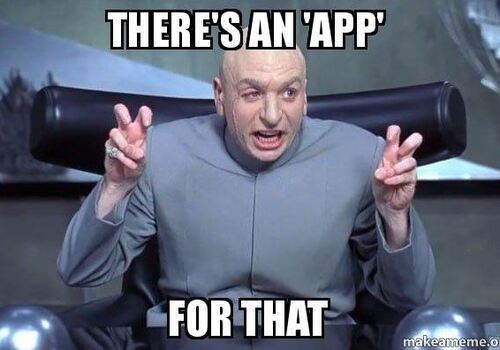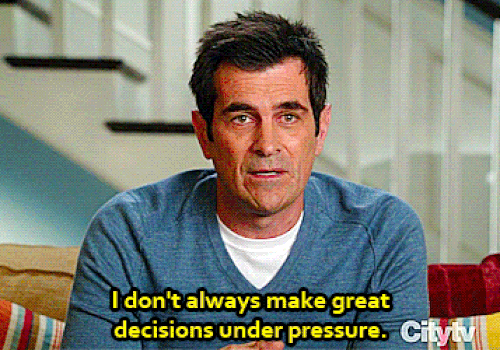5 budgeting hacks to help get you on track
It’s never too late to get serious about your financial future, and the good news is that you don’t have to pay an accountant to get started.
We’ve all made those not-so-sensible purchasing decisions, remember that yearly gym membership you signed up for during a promotional period? Doron Haifer does. Doron (BCom/BEc ‘19) is a UNSW alumnus who founded Australian Students Asset Manager. Using his financial insights, Doron has offered some helpful advice to his fellow young alums on the path to financial independence. To provide that extra motivation, he’s also provided the name of some handy apps you can use to help your savings grow.
 |
Note: The apps mentioned in this article have no affiliation with UNSW and are used as references only.
1. Set yourself realistic and short-term financial goals
Setting short-term, achievable goals makes budgeting much more rewarding, with the satisfaction of small wins keeping you on track for the bigger wins to come. Tracking your goals is important to help you stay focused and positive throughout the journey. A helpful short-term budgeting app is Strides.
 |
2. Keep track of your spending
It’s what we all dread, logging into our bank account after a big weekend. It can be easy to lose track of spending, especially when paying involves the mere tapping of a card or phone. It is important to keep track of how much, and where, money is spent so that you can compare month to month and identify areas where you are spending too much. A helpful spend tracking app is Raiz. Fun fact: Raiz also rounds up payments and invests the additional amounts in shares!
 |
3. Pay back debt on time
Make sure you pay back any outstanding balances on credit cards, ensure that payments to companies like Afterpay and Zip Pay are made on time and that loans with the highest interest rate are paid first – that way you’ll pay off your debts faster and save on interest. Wisr is an app which helps you remove debts faster by automatically paying down debt whenever you spend. Like Raiz, your everyday purchases are rounded up to the nearest dollar and the balance at the end of the week is then withdrawn to pay off your debts.
 |
4. Harvest the low-hanging fruit
There are many simple changes that most of us can make to improve the amount of money we are saving each year. While these changes won’t make a huge difference, cumulatively they can add up to a tidy sum. Compare the price of your current financial products to that of competitors using a comparison service such as Finder.com.au or Canstar, chances are you’ll find a better deal on a very similar, if not identical, product. For most new graduates, easy financial products to check are savings accounts, superannuation accounts and potentially car insurance.
 |
5. Selectively Splurge
Of course, money is meant to be spent on things that we enjoy, and budgeting does not mean that we must miss out on certain things. Think about your discretionary spending and identify expenses which can be foregone. While skipping your weekly fix of avo toast and coffee isn’t going to magically turn into a deposit for a house, as part of a broader budgeting strategy it will help you take the first steps toward achieving those smaller financial goals. PocketBook allows you to view spending categories, balances and transactions to help you spend and save even smarter.
 |

Doron graduated from UNSW Sydney in 2018, with a Bachelor of Economics and Bachelor of Commerce and today works in management consulting for the Boston Consulting Group. While at University, his interest in investing led him to found Australian Students Asset Management, an organisation that he is still involved with.








